Source: NetGalley & Grayson Books
eBook, 82 pgs
I am an Amazon Affiliate
Medic Against Bomb: A Doctor’s Poetry of War by Frederick Foote is a collection of poems from a retired U.S. Navy physician, who also is the director of the Warrior Poetry Project at Walter Reed National Military Medical Center. Beneath the carnage depicted in many of these poems, there is a compassionate undercurrent. Some of these poems are about the battle scars — physical and emotional — that shape today’s warriors, but they also are about sacrifice, discipline, and human comfort spawned from work on the hospital ship Comfort and the care of sick and wounded Americans.
From “Mountain Burial”
knowing we can’t retrieve
this well that’s now gone dry.
She lives in a field of green
whose thousand blades wave free,
scattered from us by war,
the ender of destinies.From “Uncle Jim”
They say everything’s been written; it hasn’t.
Darkness and light are vast, and poets have barely begun.
Even when it hides, the hand knows when it’s writing a final death.
Foote’s narrator is a compassionate medic, but he is well aware of the carnage of war, facing it daily in surgeries and helping soldiers come to terms with the losses they have suffered. There is compassion for the soldiers as well as for the enemies, particularly those also marred by war. These poems are less trying to make sense of war, but geared toward demonstrating compassion and understanding. They pay homage to the dead, a way to honor their collective and individual sacrifices. Foote also includes some great notes about the different terms used, including Fedayeen, which refers to a generic fighter, and Mujahadeen, which refers to someone fighting for a religious cause. There also are great tidbits about events that occurred during the war that many may not know, including villagers who tossed unwanted children — particularly those with cognitive disabilities — onto Medevacs to get rid of them (“The War Child”).
Wife on the ICU
I watch at night and walk at dawn
forever in flight like the soul of a bird
the monitor shows a thin green line
I walk at night and watch at dawn
not knowing the end of the road I’m on
down which, possessed by a voice unheard
I watch at night and walk at dawn
forever in flight like the soul of a bird.
Medic Against Bomb: A Doctor’s Poetry of War by Frederick Foote is a collection of poems that is less focused on battles and who the enemy is and more on the compassion necessary to treat those men, women, and children who are scared by war — whether they are soldiers, bystanders, or the enemy. Some poems are better paced than others, but there are some gems that will have readers looking at war with a new perspective.
About the Author:
Frederick Foote is a poet and physician who lives in Bethesda, MD, USA. His work has appeared in Commonweal, JAMA, The Progressive, and many other journals. Click the tabs for a sample of these poems.

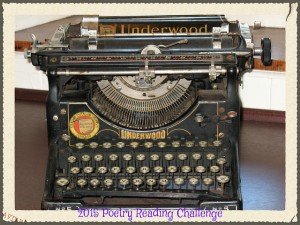
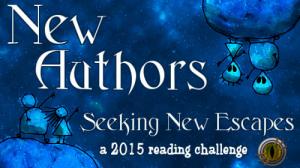

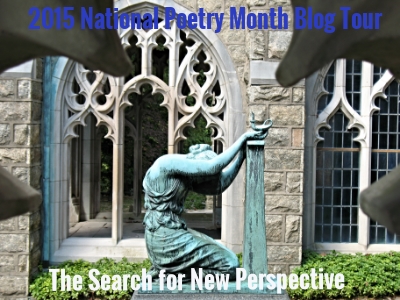

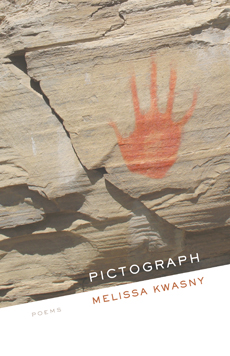

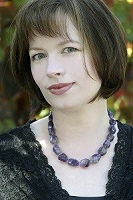 About the Poet:
About the Poet:
 About the Poet:
About the Poet:

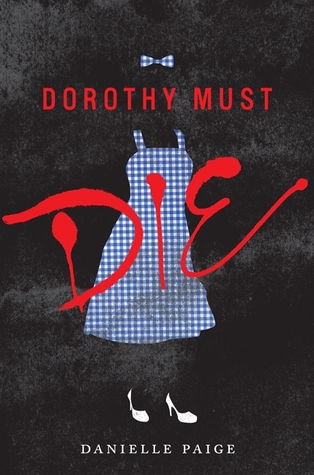
 About the Author:
About the Author:
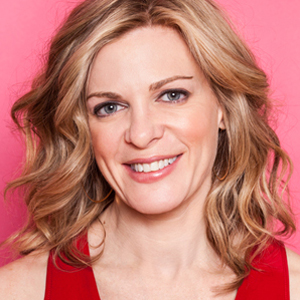 About the Author:
About the Author: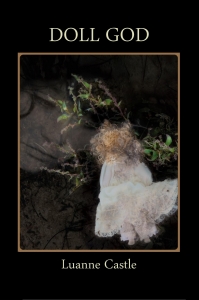
 About the Poet:
About the Poet: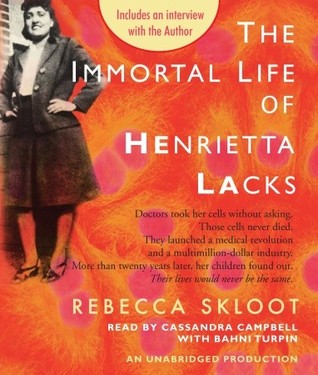

 About the Author:
About the Author:


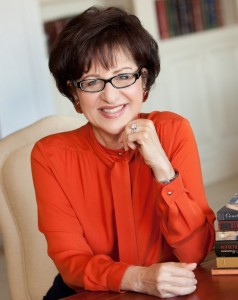 About the Author:
About the Author:


